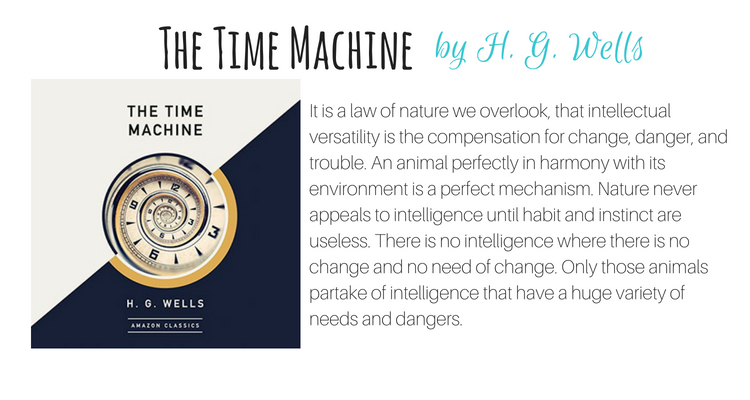

Herbert George Wells (21 September 1866 – 13 August 1946) was an English writer. He was prolific in many genres, writing dozens of novels, short stories, and works of social commentary, satire, biography, and autobiography. He is now best remembered for his science fiction novels and is often called a “father of science fiction”, along with Jules Verne and Hugo Gernsback. During his own lifetime, however, he was most prominent as a forward-looking, even prophetic social critic who devoted his literary talents to the development of a progressive vision on a global scale. A futurist, he wrote a number of utopian works and foresaw the advent of airplanes, tanks, space travel, nuclear weapons, satellite television and something resembling the world wide web. His science fiction imagined time travel, alien invasion, invisibility, and biological engineering. His most notable science fiction works include The Time Machine (1895), The Island of Doctor Moreau (1896), The Invisible Man (1897), and The War of the Worlds (1898). He was nominated for the Nobel Prize in Literature four times.
